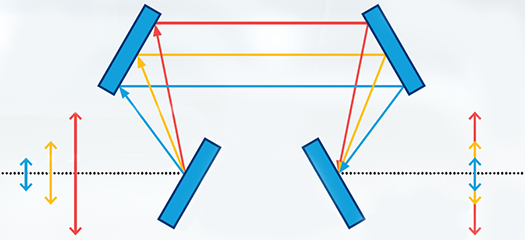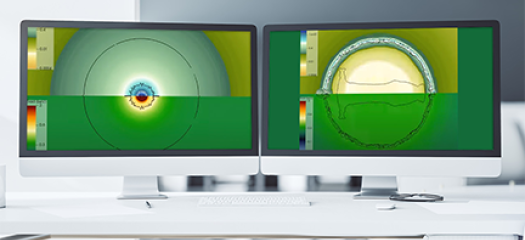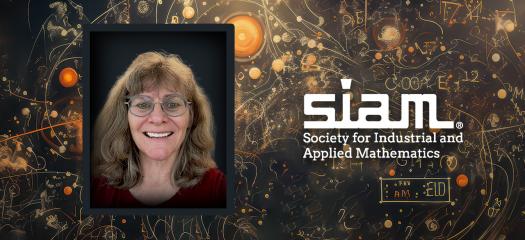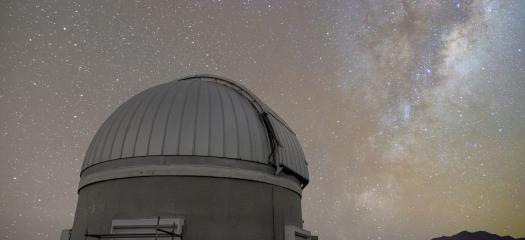Browse this site's news, projects, and people highlights via any of the topics in the dropdown list or below each content description.

Alkemi
Simulation workflows for ALE methods often require a manual tuning process. We are developing novel predictive analytics for simulations and an infrastructure for integration of analytics.

HYPRE
The hypre library's comprehensive suite of scalable parallel linear solvers makes large-scale scientific simulations possible by solving problems faster.

GEFIE-QUAD
This first-principles simulation method models the interaction of laser light with diffraction gratings, giving scientists a powerful tool to predict the performance of a laser compressor.

LLNL team accelerates multi-physics simulations with El Capitan predecessor systems
LLNL researchers have achieved a milestone in accelerating and adding features to complex multiphysics simulations run on GPUs, a development that could advance HPC and engineering.

LLNL’s Yang honored among 2024 SIAM Class of Fellows
The Society for Industrial and Applied Mathematics (SIAM) announced the selection of Lawrence Livermore National Laboratory (LLNL) computational mathematician Ulrike Meier Yang as one of the 2024 Class of SIAM Fellows, the highest honor the organization bestows on its members.

Machine learning tool fills in the blanks for satellite light curves
MuyGPs helps complete and forecast the brightness data of objects viewed by Earth-based telescopes.
